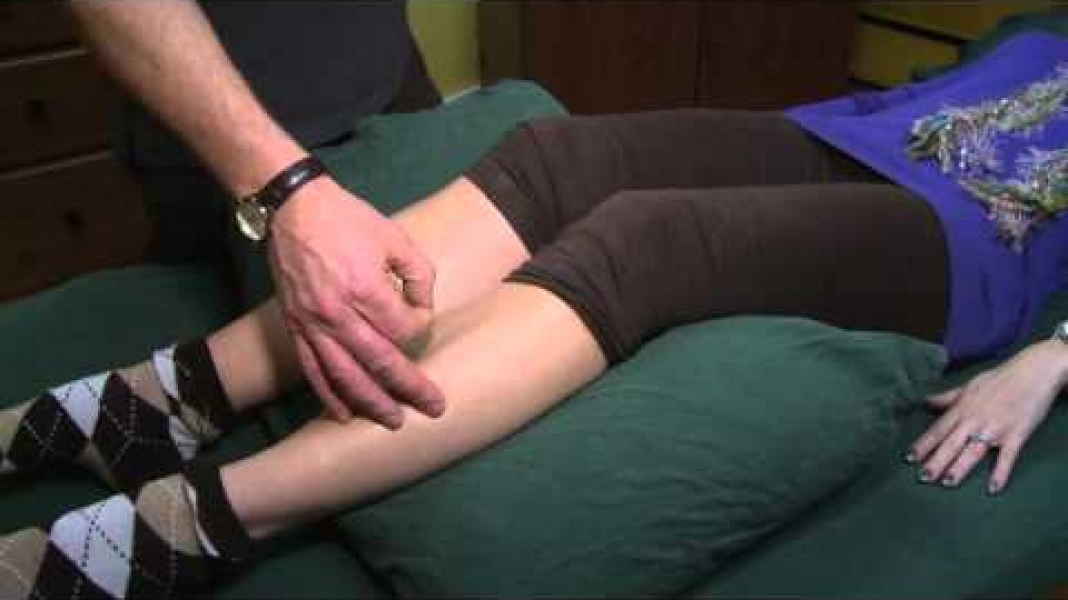by Crystal King, P.T.S., B.P.E candidate
A recurring theme that I have been seeing with patients at the clinic is a combination of back, shoulder and neck tension resulting in pain and discomfort. Through my work at the Acupuncture Turning Point I have come to find that a commonality between the complainants is that they tend to be office workers,whose job requires them to be relatively sedentary, most often sitting at a desk all day, staring at the spellbinding radiance of their computer screen. I like to refer to this sort of pain as “Desk Pain” as most often it is the result of poor postural habits and the ensuing muscular impairment.
Common causes of Desk Pain include
- Postural Alignment: Loss of the spine’s natural curve creates a pull on the muscles and ligaments of the core, and can cause uneven compression of the spinal discs in the lower back.
- Muscular Weakness: People often disengage their abdominal muscles while sitting, as opposed to when standing, they are naturally engaged. This can be due to a loss of concentration but also from muscles that have poor endurance levels.
- Inactivity: Prolonged sitting fatigues and strains the lower back
- Stress: Stress causes your muscles to contract, which reduces blood flow. Stress hormones also heighten the perception of pain.
- Weight/Lifestyle: A sedentary lifestyle leads to a decrease in muscle strength, flexibility, and endurance.
What can you do?
There is a lot you can do to help yourself…
- Change Positions: Changing the height of your work station throughout the day will engage different muscles, allowing rest time for overused, fatigued muscles.
- Change Focus: If changing the height of your work station isn’t an option, shift which muscle group you are focusing on to maintain your posture. Bring your shoulder blades together and keep your neck erect. When your back gets tired, lift from your ribs and sternum…in other words…engage your abs!
- Sit on an exercise ball: This is my personal favourite, by rocking around you engage different muscles throughout your day, and are constantly working on muscular endurance.
- Mind your breathing: The power of breath is an amazing thing, and is a simple tool to help progressively relax your muscles and reduce stress and tension. Inhale deeply and feel your abdomen expand (rather than your chest) to fully oxygenize your body. Be conscious and thoughtful of tension being released from your body as you exhale. Focus on one body part per breath and feel the stress melt away!
We can help you create momentum to achieve faster results and more extensive results
Our team is highly trained in both traditional, complementary practice and in medical, evidence-based approaches. Acupuncture, massage, nutritional/herbal therapies, and other bodywork therapies complement our medical and scientific backgrounds and work experiences. This enables us to understand and design your health program within the context of your current medical treatments.
Acupuncture: Acupuncture works by stimulating and promoting the body’s inherent healing abilities. Direct benefits include the direct relaxation and “resetting” of muscle tone, and more general effects include increased energy and vitality, restorative sleep, and better handling of stressful situations.
Massage: Both Therapeutic and relaxation massage are therapeutic! While relaxation massage has the obvious benefit of relieving tension from the body while easing mental and physical stress, resulting in a calmer more pain-free physicality; therapeutic massage focuses more on the rehabilitation of a specific injury or abnormal tightness of muscles that are causing pain or decreased function.
Exercise: Being in great shape reduces your risk of injury, can lessen the severity of an injury, and has also been shown to reduce recovery time. Regular exercise can relieve muscle and joint pain, relieve stress, and improve your posture!
Contact us if you have any questions about dealing with your desk pain.





